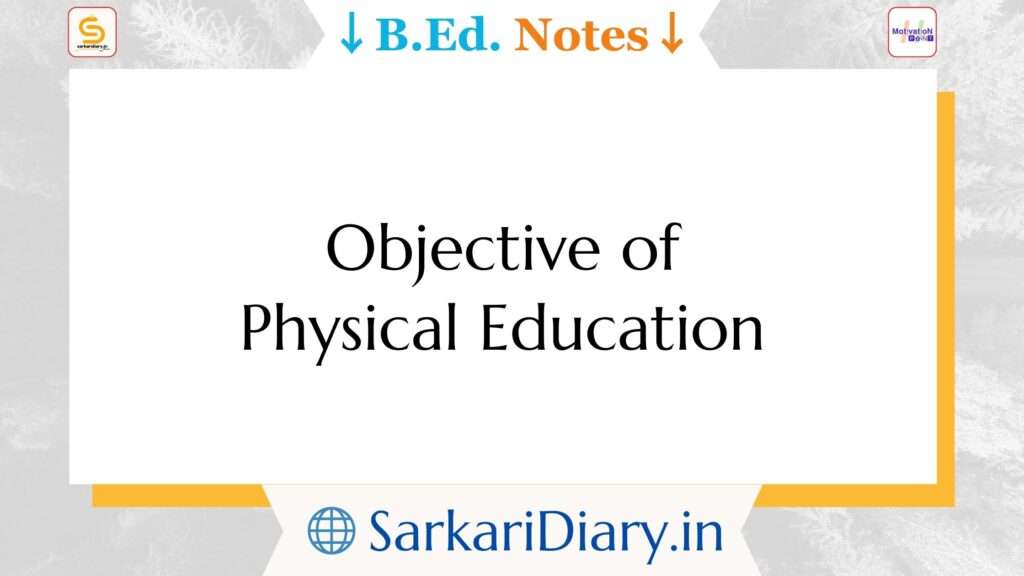The Critical Importance of Physical Education in Schools
Physical education (PE) is an essential component of a well-rounded education. Often undervalued, it plays a vital role not only in promoting physical fitness but also in enhancing cognitive development, emotional well-being, and social skills. In a world increasingly dominated by sedentary lifestyles and technology, the significance of physical education cannot be overstated.
Physical Health Benefits
Perhaps the most obvious benefit of physical education lies in its promotion of physical health. Regular exercise contributes to strong bones, healthy muscles, and improved cardiovascular fitness. It helps maintain a healthy weight, reducing the risk of chronic diseases such as obesity, type 2 diabetes, heart disease, and certain types of cancer. By developing fundamental movement skills like running, jumping, throwing, and catching, PE lays the groundwork for a lifetime of physical activity.
Physical education programs designed to foster enjoyment of physical activity and participation in sports can encourage young people to adopt healthy habits that extend beyond the classroom. Students who are introduced to a variety of physical activities and sports are more likely to find something they are passionate about, further driving their commitment to a healthy lifestyle.
Cognitive and Academic Enhancement
Surprisingly, the benefits of physical education extend far beyond the physical domain. A growing body of research indicates a strong link between physical activity and improved academic performance. Physical activity stimulates blood flow to the brain, boosting concentration, memory, and alertness.
Studies have shown that students who participate in regular physical education tend to perform better on standardized tests and have higher grade point averages. PE provides a break from sedentary classroom activities, allowing students to burn off excess energy and return to their studies refreshed and focused. It also teaches essential skills like discipline, goal-setting, and time management, which can readily be transferred to academic endeavors.
Emotional Well-Being and Mental Health
Physical education plays a crucial role in promoting emotional well-being and mental health. Exercise is a natural mood booster, reducing anxiety, stress and symptoms of depression. Participating in team sports fosters a sense of belonging and connection, providing young people with support networks and opportunities for positive social interaction.
Through physical education, students learn the value of perseverance and resilience in a safe and supportive environment. They develop a sense of accomplishment, boosting confidence and self-esteem. Learning how to manage both success and failure within the context of sports or activities helps build valuable coping mechanisms that translate to various aspects of life.
Social Skills Development
The importance of social skills development for healthy personal and professional lives cannot be underestimated. Physical education offers a unique setting where students can develop and hone critical social skills, such as communication, cooperation, teamwork, and leadership. Through participation in team sports and group activities, students learn to work collaboratively towards a common goal. This requires effective communication, respecting diverse perspectives, and resolving conflicts.
Students who learn to work effectively as part of a team are better equipped to handle challenges and achieve positive outcomes both in and outside the classroom. The skills acquired through PE can benefit them in their friendships, family relationships, and future careers. Furthermore, physical education provides opportunities to develop leadership skills, such as setting an example, delegating tasks, and motivating others.
Character Building
Physical education contributes to the development of strong character. It teaches important values like discipline, perseverance, respect, and fair play. Students learn the importance of following rules, adhering to guidelines, and playing by the established norms. Winning and losing become valuable learning experiences, encouraging sportsmanship and promoting humility and grace.
Additionally, PE provides opportunities to navigate ethical dilemmas, learn to take responsibility for one’s actions, and develop a sense of civic responsibility. Participation in sports and physical activities can encourage young people to become positive role models and contribute to their communities.
Countering Sedentary Lifestyles
In an increasingly digital world, sedentary lifestyles have become a major public health concern. Children and adolescents spend excessive amounts of time glued to screens, leading to an increased risk of obesity, chronic diseases, and a range of developmental problems. Physical education is essential for counteracting this trend.
Regular PE classes ensure that students get the recommended amount of daily physical activity. By introducing children and adolescents to a variety of physical activities and sports, PE cultivates healthy habits and fosters a lifelong love for movement.
Addressing Health Disparities
Physical education can play a critical role in addressing health disparities and promoting equity. Unfortunately, socioeconomic factors play a part in a child’s access to opportunities for physical activity. Schools can help bridge this gap by providing equal access to quality physical education programs for all students.
By creating an inclusive atmosphere where every student feels welcome and supported, PE can foster a sense of belonging in marginalized populations and promote healthy behaviors among those most at risk for chronic disease. Physical education teachers, aware of the potential barriers some students face, can help guide them and work to provide equal opportunities for all to succeed.
Challenges and Recommendations
Despite the overwhelmingly recognized importance of physical education, it faces several challenges. Budget cuts, a focus on standardized testing, and a lack of understanding of its significance can lead to PE being marginalized within a school’s curriculum or even cut altogether. To address these challenges, it’s crucial to:
- Advocacy: Educating policymakers, school administrators, parents, and the broader community about the multifaceted benefits of physical education is essential.
- Qualified Physical Education Teachers: Investing in the training and hiring of specialized physical education teachers ensures that students receive quality instruction based on best practices.
- Innovative Approaches: Incorporating technology, outdoor activities, and collaborative projects can enhance the appeal of physical education and motivate students of various interests.
- Data-Driven Decision-Making: Collecting data on the impact of physical education programs on student outcomes can help advocate for continued and increased support.
Conclusion
The importance of physical education extends far beyond just building muscles and developing athletic abilities. It’s an investment in the physical, mental, emotional, and social well-being of our students. By emphasizing physical education, we’re fostering a generation of healthy, well-rounded individuals equipped with the skills they need to thrive in all aspects of life. Promoting physical education should be a top priority for schools and communities across the globe.








